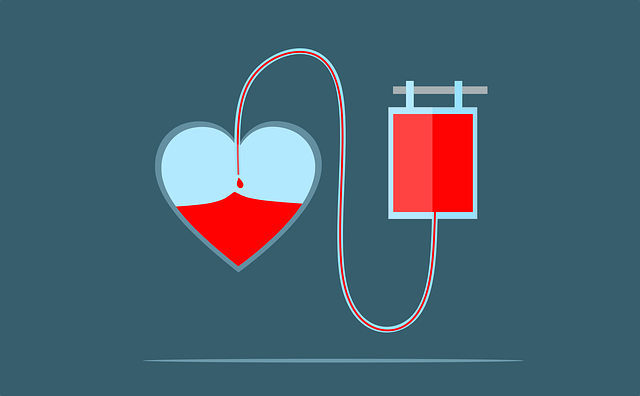What is Organ Donation After Death
The Importance of Organ Donation After Death A vital organ donor after death, known as an organ donation card, is a medical card that can be given to a patient’s family members donate. of donor organs received.
There can be two or more organs, which can increase the number of organs donated by the deceased, increasing the chances of a successful transplant.
Postmortem organ donation has been practiced for several years, but it has only recently become popular thanks to the media and social networks. The organ donation process is often described as sickening and sad, but the reality is that many people are grateful to be donated.
Once the formalities are complete and the body is disposed of, families can take care of the financial costs of caring for the donor and other family members of the deceased, as well as funeral expenses. for their loved ones.
One way to reduce these costs is to provide patients with post-mortem organ donation cards. This card indicates that the family will receive a monetary reward if the family chooses to accept and donate the organ. In most cases, organs will be transplanted from the brain into the stomach or another part of the body, and the recipient can recover within a few days.
However, in some cases, organs will also be transplanted from the heart into the lungs. In this case, the patient will need extensive rehabilitation before they can return to work and resume normal life.
Another organ that can be used after death is the pancreas. The body produces two types of bile, and both are needed to help digest food. Without a functioning pancreas, the person would most likely face a high-fat diet, which can severely limit the body’s ability to digest and process food.
A donated pancreas should be able to provide the body with the necessary pancreas production to metabolize fat. Because the brain and pancreas play an important role in the digestive system, any type of organ can be used after death

Another important organ to donate is the lung. The lungs provide air and oxygen to the patient.
However, if the lungs are damaged or dysfunctional, the person will not be able to breathe normally and will develop a serious condition called pulmonary embolism, which is a complication of lung damage.
This condition causes blood clots to form in the walls of the pulmonary arteries. The person will need intensive care and will likely be placed on a ventilator to provide continuous oxygen until they recover.
Other organs, such as the liver, kidneys, heart, and spleen, can also be used for the recovery process.
Since the deceased organ donation process is relatively new, it is difficult to know how to properly handle organs received from a donor.
Some doctors will attempt to save a living organ for donation by using a deceased donor and then removing an organ from the patient itself to save another body.
Other doctors will simply use the organs they have saved to make a living donor. Although the process is still under development, doctors have found that if organs are used, it is less likely to fail than organs used for other procedures

